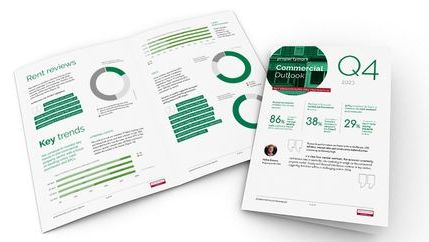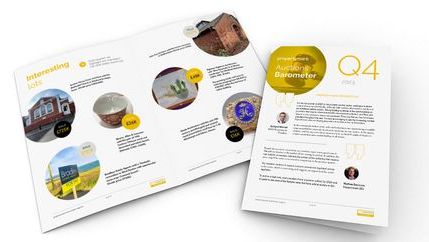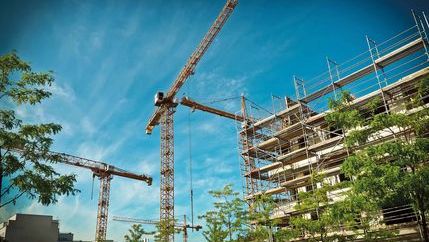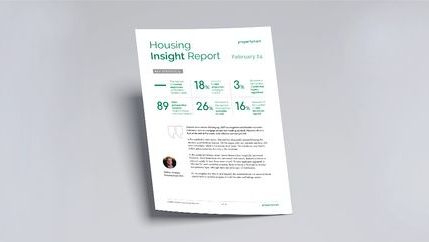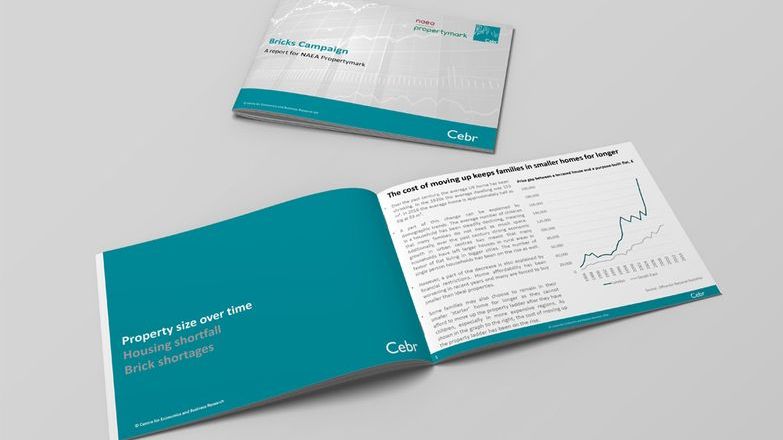
This is the equivalent of the total amount which would be needed to build all the houses in Leicestershire and could in theory build several of the UK’s famous landmarks several times over, including:
- 740 Big Bens
- 40 Tower Bridges
- 3,090 Manchester Town Halls
- 4,540 Warwick Castles
- 5,830 Conwy Castles
Bricks and Brexit
The impact of Brexit could significantly worsen the issue. In 2015, 85 per cent of all imported clay and cement (primary brick components) came from the EU, and so depending on how trade negotiations develop, Brexit could have a considerable impact on supply.
The extent of the shortage
Brick stock steadily declined between 2008 and 2013 and only partially recovered in 2014 and 2015. Two-thirds of small and medium-sized construction businesses faced a two-month wait for new brick orders in 2015, with almost a quarter waiting for up to four months and one in six (16 per cent) waiting six to eight months. This can partially be explained by the slowdown in building following the recession.
Even though houses are shrinking, we still don’t have enough bricks
Between 2006 and 2016 the average UK home has shrunk by nine per cent or 228 bricks. In 2006, the average UK home was 91m2 in size and required a total of 5,408 bricks. Ten years on, the size of homes has reduced and requires 228 less bricks—but there still are not enough to meet the demand to fill the housing deficit.
Housebuilding threatened by skills shortage
Alongside the shortage of bricks, a skills shortage in the UK has also restricted housebuilding as construction based jobs are decreasing in popularity. This is a result of housebuilding slowing down during the recession, prompting workers to find alternative careers, and many choosing not to return when the market recovered.
The recent vote to leave the EU may impose greater restrictions on foreign workers coming into the UK, which could also compromise the UK’s ability to build homes. Additionally, fewer young people are obtaining the training necessary to fill roles in the field so trade bodies are now calling for government incentives to make construction apprenticeships more attractive.


